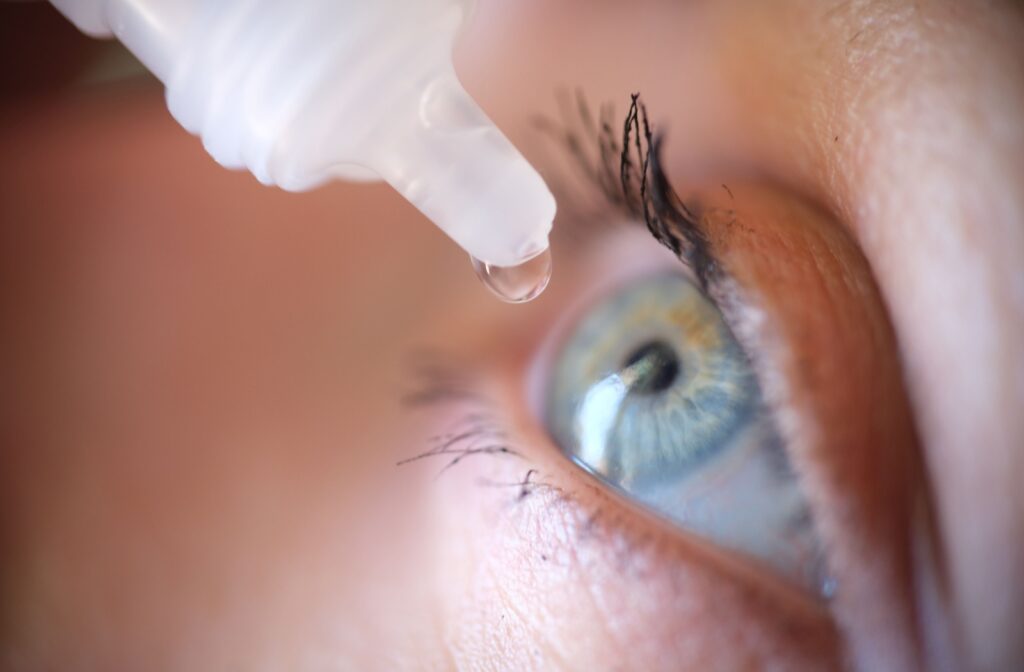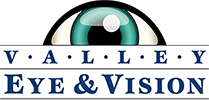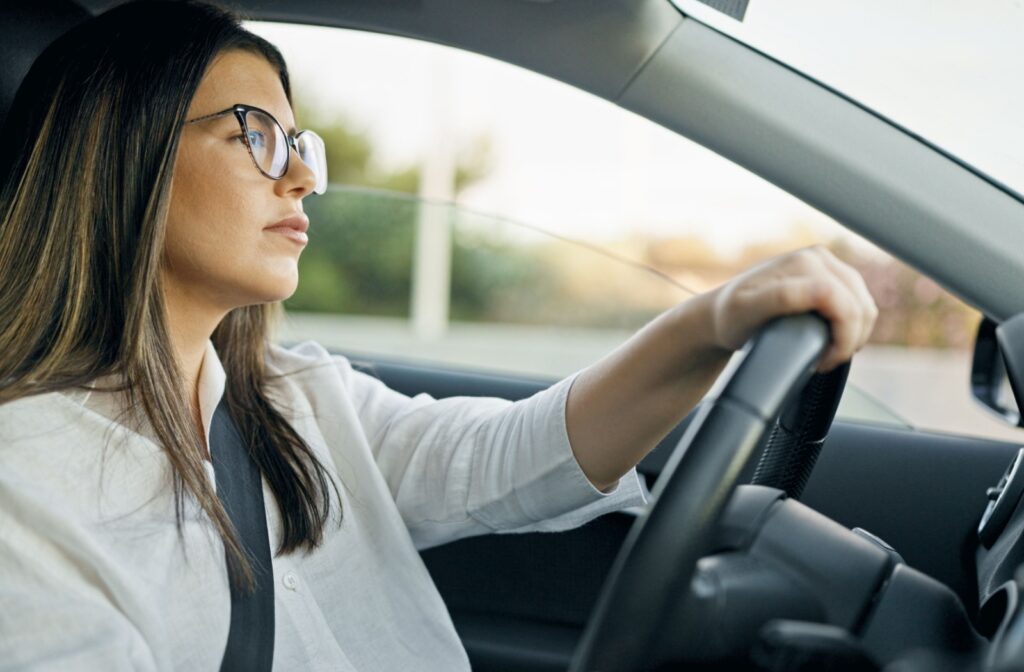Driving is one of the most common concerns patients have when scheduling an eye exam. Since vision is essential for road safety, many people wonder whether it’s safe to get behind the wheel right after their appointment. The short answer is that you can usually drive after an eye exam, but whether or not you should depends on the specific tests your eye doctor performs, especially if your eyes are dilated.
Factors That May Affect Driving After Your Eye Exam
Not every eye exam affects your vision in the same way. A routine, comprehensive exam typically measures how clearly you see, checks for refractive errors such as nearsightedness or astigmatism, and evaluates general eye health. These tests are unlikely to interfere with your ability to drive afterward. Depending on the tests conducted during your appointment, you may notice temporary effects on your vision. Here’s what to expect:
Dilated Eye Exams
One of the most common reasons for delayed driving after an eye exam is pupil dilation. When your eye doctor uses dilating drops, your pupils expand to allow a better view of the retina and optic nerve. This procedure is especially common during diabetic eye exams, since diabetes tends to affect the retina first.
While it’s crucial for early detection of conditions like glaucoma or macular degeneration, dilation causes side effects, including blurry vision and light sensitivity that can last several hours
These effects make it difficult to see clearly, particularly in bright sunlight or at night. It’s usually recommended that you arrange alternative transportation if pupil dilation is involved.
Numbing Eye Drops
If you’ve undergone intraocular pressure testing using numbing eye drops, you might experience mild blur or temporary discomfort. While these effects wear off faster than pupil dilation, they can still impact your ability to drive safely.
Tests That Don’t Affect Vision
Some parts of your exam, like visual acuity tests (the classic “read the letters on the chart”) or peripheral vision assessments, typically don’t impair your vision afterward. These tests are focused more on measuring the sharpness of your eyesight rather than altering it, so they’re unlikely to affect your ability to drive.
However, every person reacts differently. When in doubt, always follow your optometrist’s guidance about when it’s safe to drive.
Why Do Eye Doctors Dilate Your Pupils?
Dilation provides a wide, detailed view of the inner structures of your eye, including the retina, macula, and optic nerve. This expanded view makes it possible to detect early signs of serious conditions, sometimes long before symptoms appear. Although dilation may cause short-term light sensitivity or blurred vision, it plays a crucial role in protecting and preserving your long-term vision.
An Inside Look at Eye Exams
Knowing what happens during an eye exam can give you a better idea of why certain tests might make driving temporarily inconvenient.
The exam often begins by discussing your family and medical history. This is especially important if it’s your first exam with a new optometrist. Understanding your background helps us identify any potential concerns tied to genetics or past conditions. From there, preliminary tests typically involve:
- Visual acuity: Measuring how well you see at various distances using a Snellen chart.
- Eye pressure (tonometry): Testing for signs of elevated pressure inside the eye, which could indicate glaucoma. These tests might include the “puff of air” or using a small plunger device.
Once preliminary testing is complete, your optometrist may conduct additional assessments, including:
- Refraction testing: This helps determine your exact prescription for glasses or contacts by analyzing how well your eyes focus light through various lenses.
- Pupil dilation: This allows your doctor to check internal eye structures for signs of disease or damage.
- Slit-lamp examination: Using a specialized microscope, your optometrist examines the front portion of your eye, including your cornea and lens, to detect irregularities like cataracts.
- Retinal exams: With the help of a bright light, your doctor evaluates the health of the retina and optic nerve at the back of your eye.
Each test serves a unique purpose. While some won’t affect your day-to-day activities, others, like pupil dilation, require temporary adjustments, such as arranging a ride home after the appointment.
Tips to Prepare for Your Exam
If you know you’ll be getting your eyes dilated, a little preparation can make the process easier:
- Bring sunglasses to protect your eyes from bright light on the way home.
- Arrange a driver if you’ve had trouble with dilation in the past or if this is your first time.
- Clear your schedule for a few hours in case you feel uncomfortable driving or doing close-up tasks afterward.
- Ask about alternatives if you’re concerned about dilation, but remember that in some cases, it may be the most effective option.

Tips for Post-Eye Exam Care
Once your exam is complete, it’s important to prioritize comfort. As we discussed above, many exams don’t leave any lasting effects. We’ll let you know ahead of time so that you can come to your appointment prepared.
Here’s how to care for your eyes after an appointment:
Handle Dilated Pupils with Caution
If your pupils have been dilated, it’s common to feel extremely sensitive to sunlight. Carry a pair of sunglasses with you to reduce glare and discomfort, especially if you expect to spend time outdoors.
Limit Screen Time
Post-exam blurriness can make it harder to focus on screens or small text. Give your eyes a break by avoiding digital devices or reading fine print for a few hours.
Follow Professional Guidance
Your optometrist knows your eyes, so always follow their personalized advice. Whether it’s using prescribed eye drops or scheduling follow-up tests, our instructions are tailored to help you maintain healthy vision.
Schedule an Eye Exam Today
So, can you drive after an eye exam? Yes—if your exam doesn’t involve dilation. But if your eyes are dilated, it’s best to plan ahead, bring sunglasses, and consider having a driver just in case. Your eye doctor will guide you based on the type of exam and your unique needs. At Valley Eye and Vision Clinic in East Wenatchee and Moses Lake, WA, our team is here to make your eye care experience safe, comfortable, and convenient. Whether you’re due for a routine exam or need a dilated exam for a closer look at your eye health, we’ll walk you through every step. Schedule your next eye exam with us today and give your vision the care it deserves.


